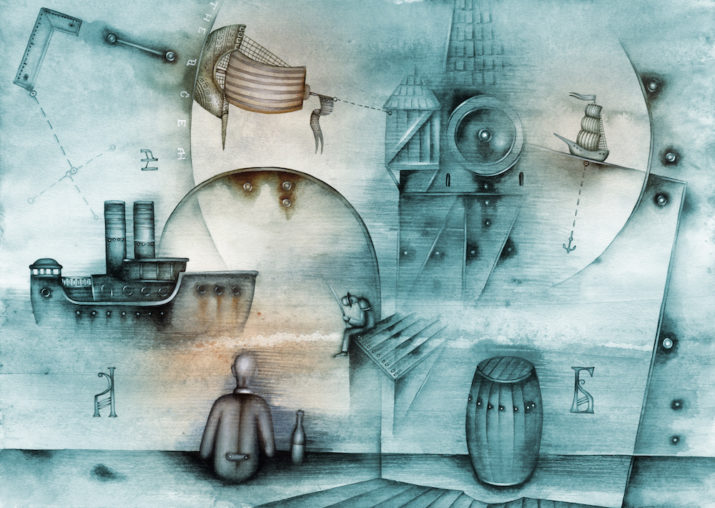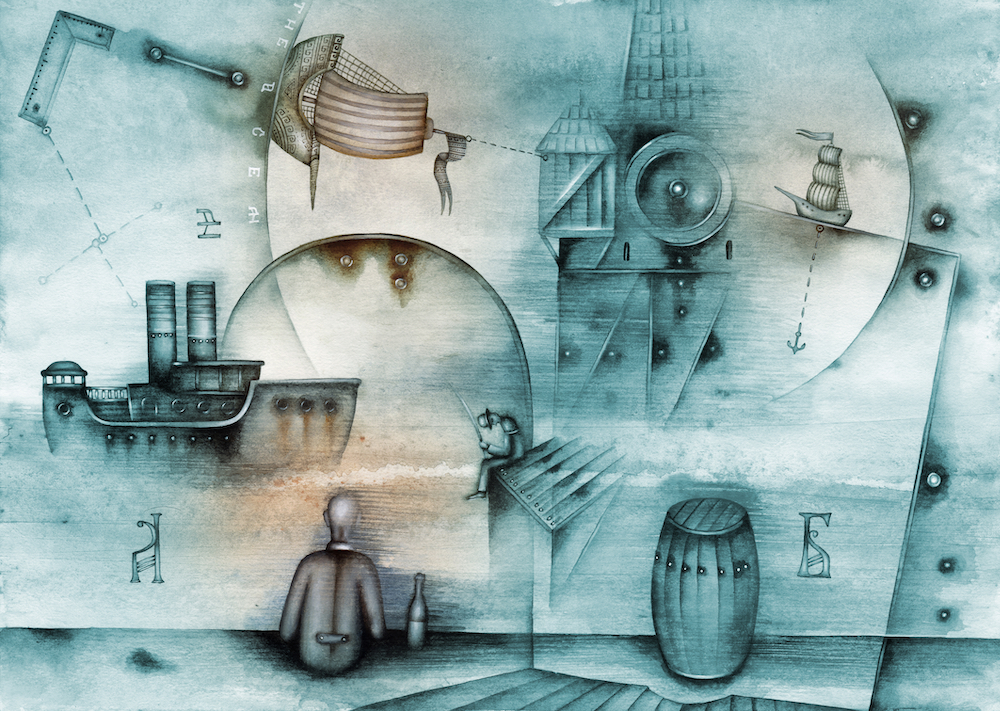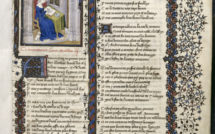

A special feature on Digitization of Memory and Politics in Eastern Europe.
Why do politics of digital memory matter?
In the last decade, there has been increasing interest in digital technologies and their influence on the production of memory, history, and heritage, not only within academic research, but also in politics, especially in Eastern Europe and Russia. The tendency toward selective history, heritage, and memory politics in the region manifests itself more and more in the digital sphere. Politicians decide on what will be remembered and how. This selection process includes also the decision on what will be digitized for future generations and how and whose heritage will be secured by digitization and whose will not. Simultaneously, these decisions also aim to regulate the accessibility of digitized heritage and, which materials or collections will be accessible, and which will not. In addition, the types of users are regulated through these politics.
Within the framework of this special issue, we discuss various aspects of the overall topic based on eleven case studies from Russia, Hungary, the Czech Republic, and Poland. Concentrating on agents, practices, and strategies of selecting and producing digital heritage, we analyze, on the one hand, the top to bottom process in the digital heritage production and, on another hand, the growing bottom up approach and involvement of grassroots and amateur initiatives in this field. Claiming the “right” for history and memory has been identified as one major force behind these initiatives, especially in Russia. As the case studies, which focus on social media platforms and local urban initiatives, clearly demonstrate, digital tools allow users to create their “own“ history and heritage. Events of the past, mediated by online sources and actualized by individual digital mnemonic practices, enable the production of multiple and often conflicting historical narratives and heritage (Makhortykh 2017; Zavadski and Toepfl 2019). Although there is still a threat of control from the state’s side regarding specific sensitive historical topics (Bernstein 2016), these digital possibilities are widely used across society.
What can be observed is that all these questions are closely related to the issues of security and digital heritage and how digital heritage is misused and targeted (hacked) in memorial wars in context of political conflicts (Rutten, Fedor and Zvereva 2013), such as the recent Russian-Ukrainian one (Makhortykh 2017). This issue opens a path to the question of accessibility and production of historic counter narratives, as evidenced by the case study from Poland on new museums. Regulating accessibility (by hacking or other methods) can be used also at a national level, as part of political memory politics, which the discussion regarding the Hungarian case (libraries as places of national digital heritage) clearly suggests. The production of counter narratives and the multiplication of them through the possibilities of digital tools also put the historical “expertise” knowledge in question (Rutten, Fedor and Zvereva 2013). Especially in Eastern Europe and Russia, where memory politics has the tendency to rewrite history, the problem of creating fake histories is growing. It is, therefore, the challenge for the academic community to distinguish and react with scholarly methods. Although this special issue could not provide concrete means and methods for solving the problems addressed, we hope to sensitize scholarly communities to these issues in Eastern Europe.
Research
-
“Obsessed with History: Conflicting Digital Narratives in East Central Europe” by Eszter Gantner
-
“The Instrumentalization of the Soviet Past: the Production of a Digital Memory” by Vera Zvereva
-
“Internet, Museums and Politics: Project Outline and Literature Review” by Tadeusz Wojtych
-
“Thinking Heritage Digitally: Examples from Contemporary Serbia” by Stefan Trajković-Filipović
-
“European History Reloaded: The Case of Czechoslovak Communism” by Adéla Gjuričová
-
“Different and Related: Experiences from the Project ‘Monuments and Artworks in East-Central Europe Research Infrastructure (FoKO)’” by Ksenia Stanicka-Brzezicka and Emilia Kloda
-
“Likeable Pasts: Historical Urban Views on Facebook” by Piotr Kisiel
Eszter Gantner holds a PhD in history from the Humboldt University of Berlin. She has studied law, history and political sciences in Budapest, Jerusalem, and Berlin. Currently, she is academic employee and project coordinator (LOEWE) at the Herder-Institute for Historical Research on East Central Europe in Marburg, Germany.
Olga Dovbysh is a postdoctoral researcher at the Aleksanteri Institute, University of Helsinki, and coordinator of the Russian Media Lab project. She works at the intersection of media studies, economic sociology and political economy. She studies how internet and digital technologies affect regional and local media landscapes and how local journalist culture is changing in the new technological environment of media production. She holds a PhD from the Higher School of Economics (Moscow) and a MA from The Royal Institute of Technology (Stockholm).
References
Bernstein, S. (2016). Remembering war, remaining Soviet: digital commemoration of World War II in Putin’s Russia. Memory Studies, 9(4), 422-436.
Makhortykh, M. (2017). Remediating the past: YouTube and Second World War memory in Ukraine and Russia. Memory, 1, 1-16.
Rutten, E., Fedor, J., & Zvereva, V. (Eds.). (2013). Memory, conflict and new media: web wars in post-socialist states. Routledge.
Zavadski, A., & Toepfl, F. (2019). Querying the Internet as a mnemonic practice: how search engines mediate four types of past events in Russia. Media, Culture & Society, 41(1), 21-37.
Photo: The Age of Discovery or the Age of Exploration | Shutterstock
Published on September 10, 2019.




